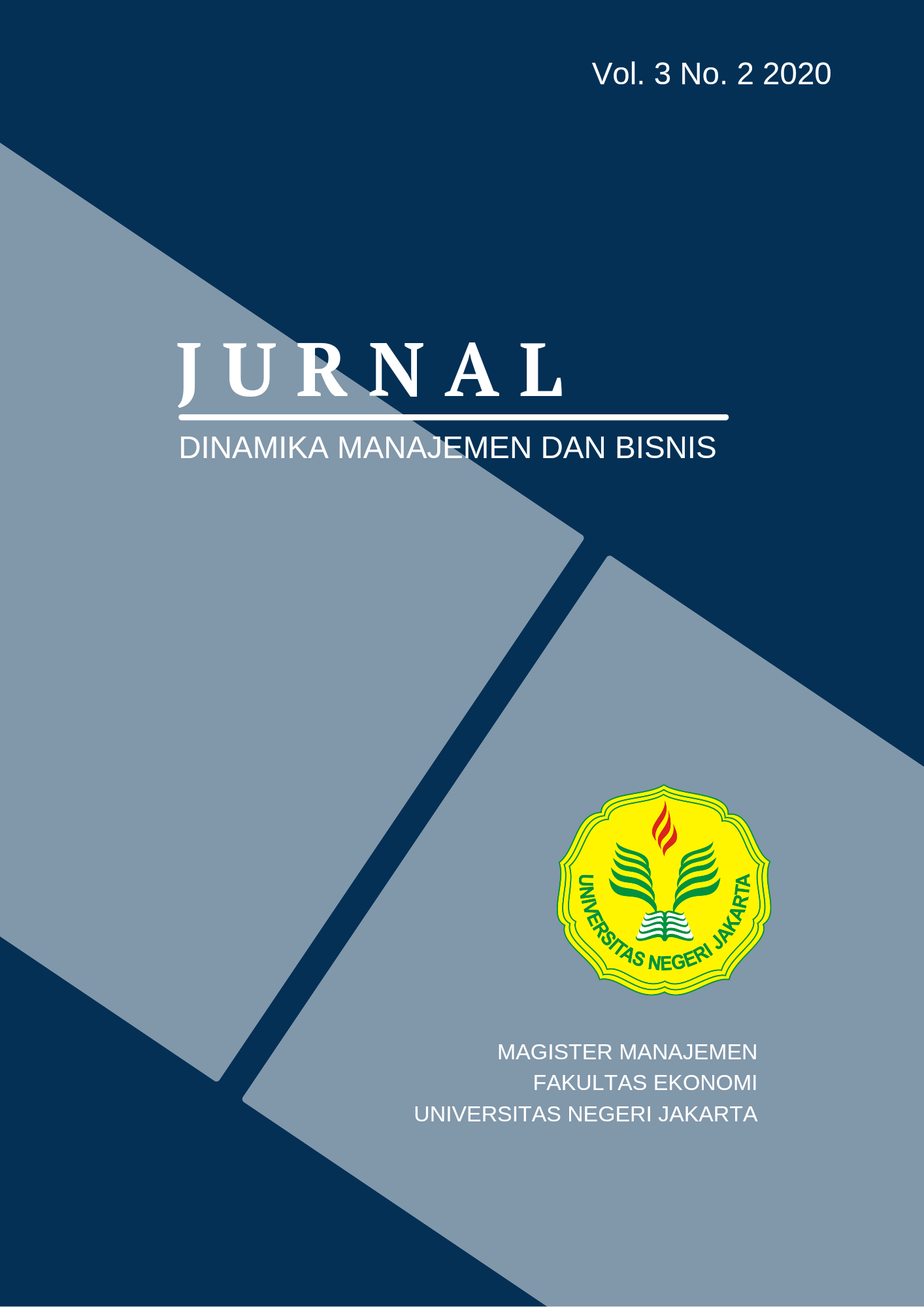Analysis of The Performance Determinants of The Alliance Strategy Empirical Study on Learning Guidance in DKI Jakarta
DOI:
https://doi.org/10.21009/JDMB.03.2.5Keywords:
Goodwill Trust, Competence Trust, Tangible & Intangible Resources Sharing. PLS (Partial Least Square)Abstract
The alliance strategy is one solution to the speed of competition in the business or business world. Strategic alliances are cooperative strategies in the form of partnerships that help unify each party's strengths to mutually benefit in the form of benefits and long-term competitiveness in the market. The alliance's strategy can be assessed as successful or not by measuring the strategic alliance's performance because the most commonly used alliance measure is performance. Whether or not an alliance strategy adopted by a company is healthy is to evaluate its alliance strategy's implementation.
This research was conducted using non-sampling or census methods as many as 132 (one hundred and thirty-two) branches in DKI Jakarta in one of the companies in the education sector originating from Japan and developing an alliance strategy in Indonesia. Data collection was carried out using a questionnaire and met with the owners or direct branch leaders.
From this study, it is concluded that Goodwill trust, Competence Trust, and Tangible & Intangible Resources Sharing positively influence the performance of the alliance strategy. Also, Tangible & Intangible Resources Sharing as an intervening variable can mediate the relationship between Goodwill trust and Competence Trust on the alliance's strategy's performance.







